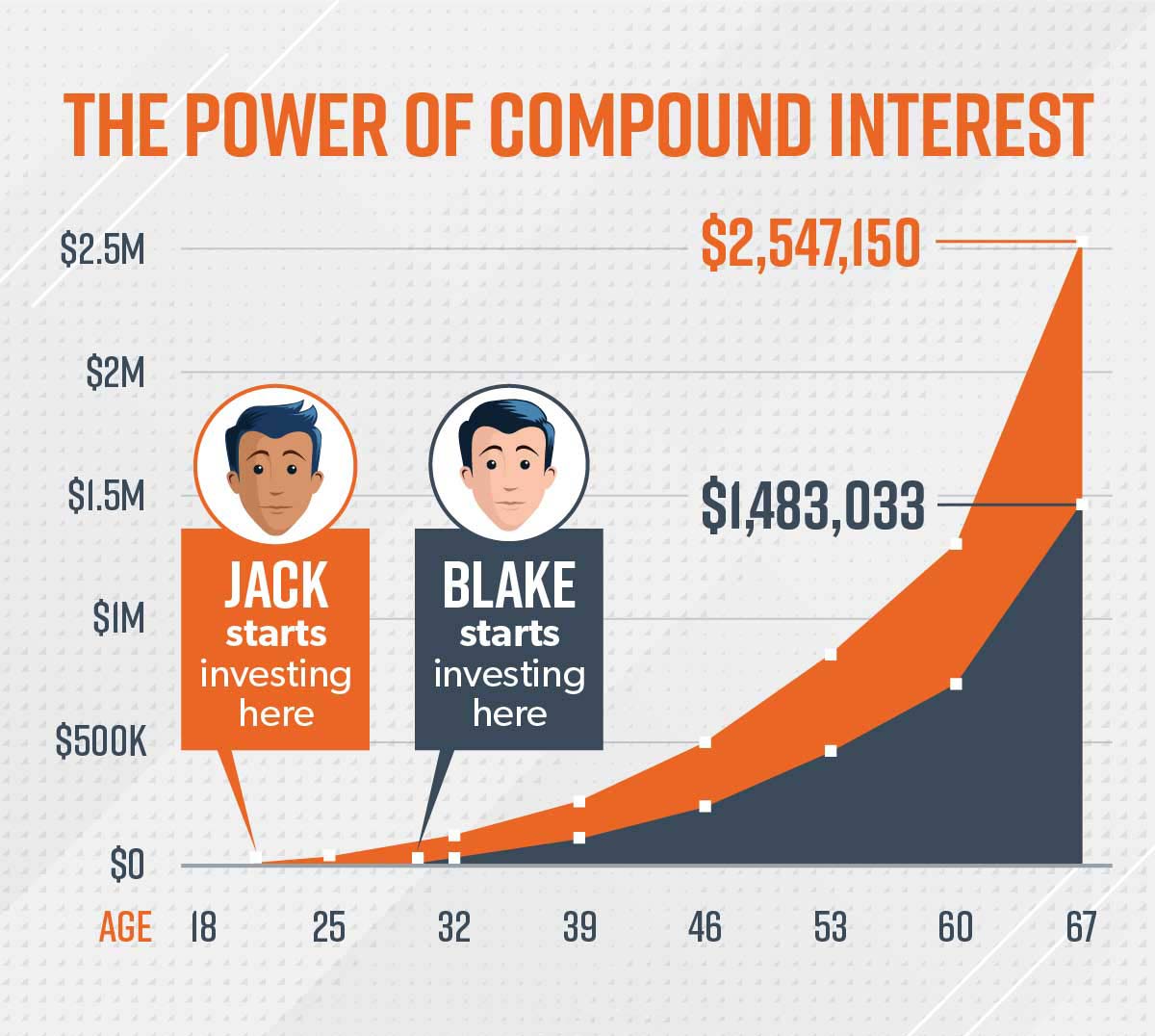If the thought of purchasing the stock market terrifies you, you are not alone. People with really limited experience in stock investing are either terrified by scary stories of the typical financier losing 50% of their portfolio valuefor example, in the 2 bearish market that have actually currently happened in this millennium or are beguiled by "hot tips" that bear the pledge of huge rewards however hardly ever pay off.
The reality is that buying the stock market brings danger, but when approached in a disciplined manner, it is among the most effective methods to develop up one's net worth. While the value of one's home typically accounts for the majority of the net worth of the typical individual, the majority of the affluent and very abundant usually have most of their wealth bought stocks.
Key Takeaways Stocks, or shares of a company, represent ownership equity in the company, which provide investors voting rights in addition to a residual claim on business incomes in the kind of capital gains and dividends. Stock markets are where private and institutional financiers come together to buy and offer shares in a public venue.
A private or entity that owns 100,000 shares of a company with one million impressive shares would have a 10% ownership stake in it. Most business have exceptional shares that face the millions or billions. Typical and Preferred Stock While there are 2 primary types of stockcommon and chosenthe term "equities" is associated with typical shares, as their combined market worth and trading volumes are numerous magnitudes larger than that of preferred shares.

Preferred shares are so named because they have preference over the typical shares in a company to get dividends As assets in the occasion of a liquidation. Typical stock can be additional categorized in regards to their ballot rights. While the basic facility of common shares is that they need to have equivalent voting rightsone vote per Check out this site share heldsome companies have double or several classes of stock with various ballot rights connected to each class.